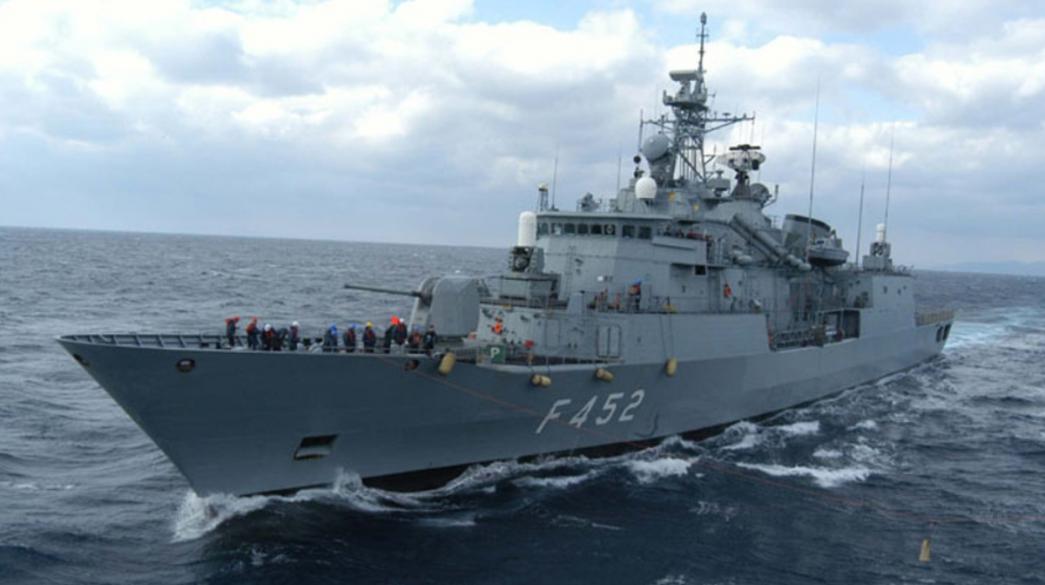The great importance for Greece of the European operation "ASPIDES", in which the Greek Navy will participate, was highlighted by the Minister of National Defence Nikos Dendias at a meeting with journalists yesterday.
As the Minister stressed, Greece is interested in and supports this operation, as it is an established national position to have a European defence arm, while it is an operation that protects the interests of Greece, strengthens and upgrades its international role and contributes to the creation of a common European defence consciousness.
It is noted that Greece will participate in this operation with the frigate YDRA and all the details of the EU operation should be ready by February 19, while the headquarters of the EU operation will be located at the European Operations Headquarters in Larissa, as the offer of the Minister of National Defence was accepted by his counterparts at the informal EU ministerial meeting in Brussels.
At the same time, he stressed that apart from the defence dimension to the problem in the Red Sea, there is also the economic dimension.
As Dendias said, "the specific sea route which the Company will protect is the main and most economical route for the transport of goods and merchandise to the ports and markets of the Mediterranean and Europe. The Greek merchant fleet, the largest in the world, is one of the most important users of this route. It goes without saying that Greece has both an interest and an obligation to ensure the uninterrupted movement of Greek ships through its presence".
At the same time, he noted that the attacks on ships using the Red Sea in recent weeks has resulted in the search for alternative routes that "skyrocket" the cost of transport, which is passed on to consumers and fuels the rise in inflation.
Moreover, the crisis in the Red Sea has a significant impact on the reduction of commercial traffic in Mediterranean ports, with all the consequences for the country's ports and the Greek economy as a whole.
It is characteristic that the Houthi rebels have also fallen victim to the import of liquefied natural gas (LNG) into Greece, following the similar problems experienced by Italy and Spain. As BD wrote, the problem is that European markets are being supplied with large quantities of LNG from Qatar and recently there have been constant cancellations of LNG ships transiting the Red Sea to cross Suez and are under constant threat of missiles and drones fired by the Iranian-backed Yemeni rebels. According to reports, three sailings scheduled to reach Revithusa from Qatar have been cancelled.



